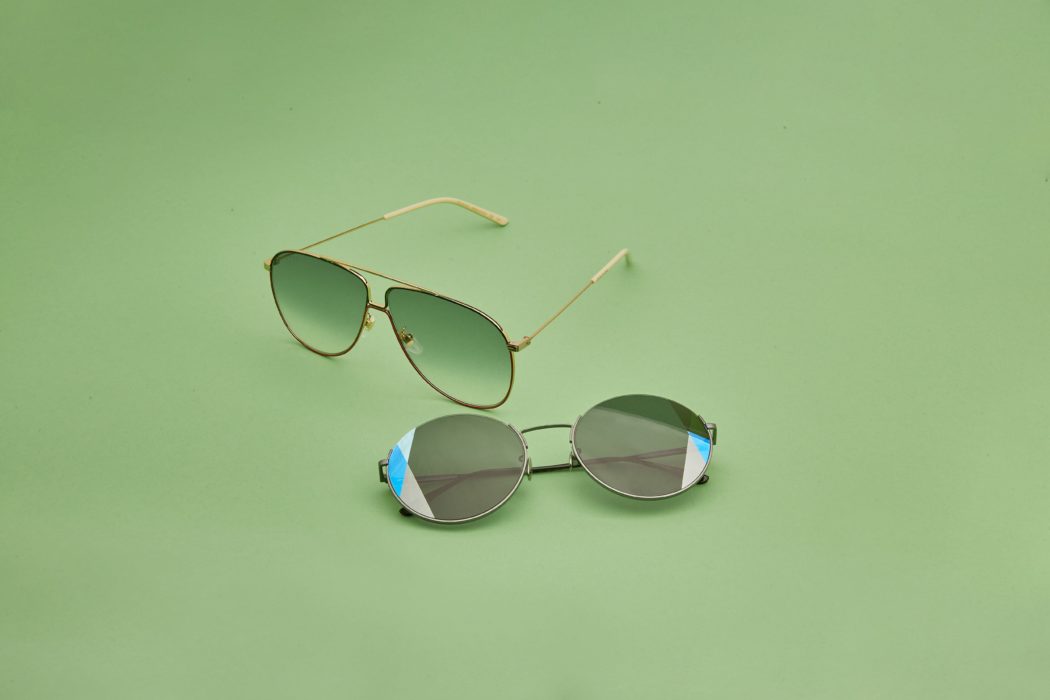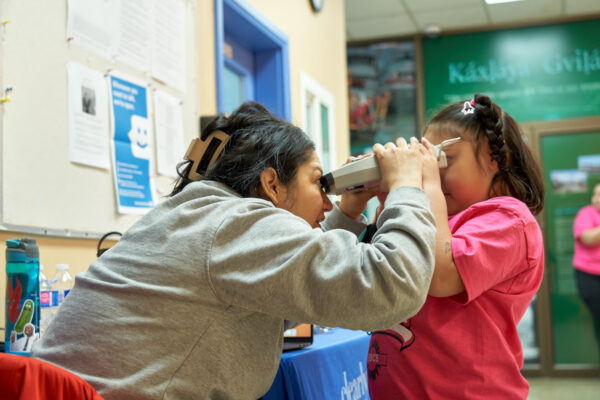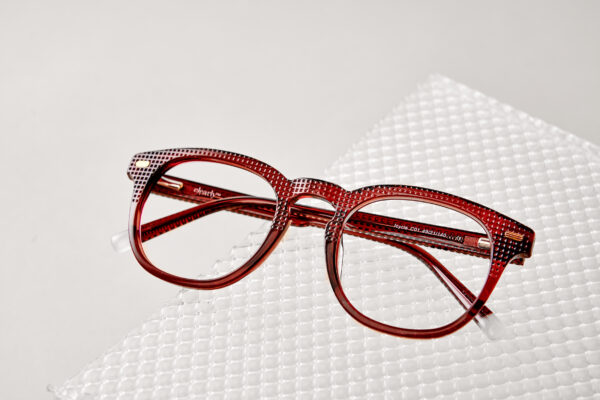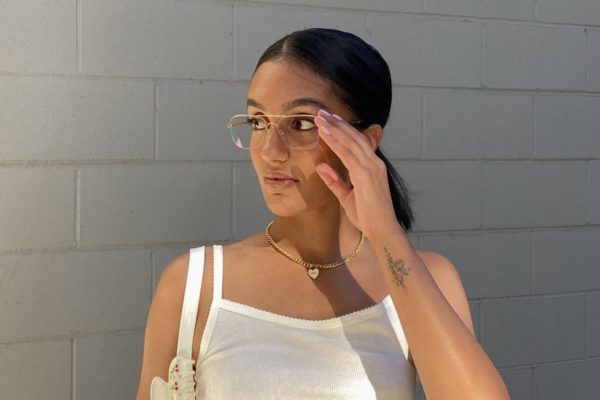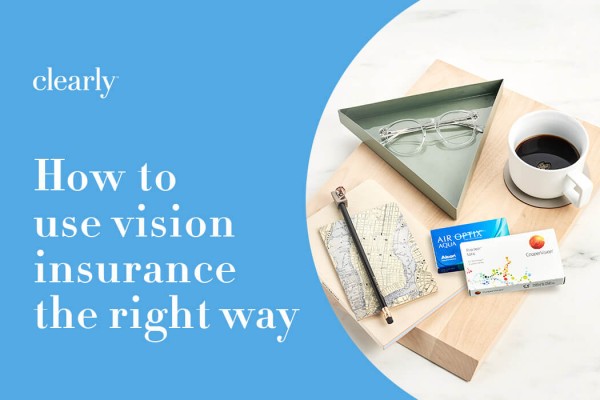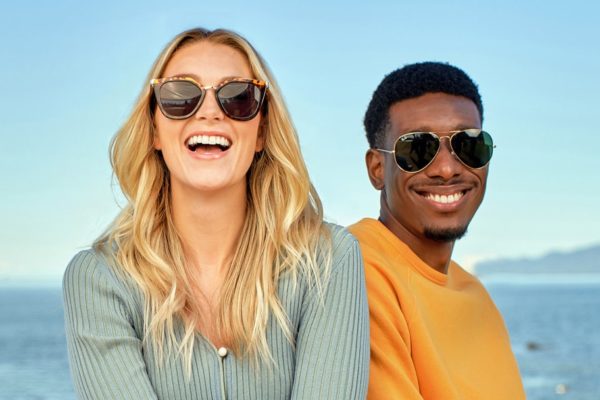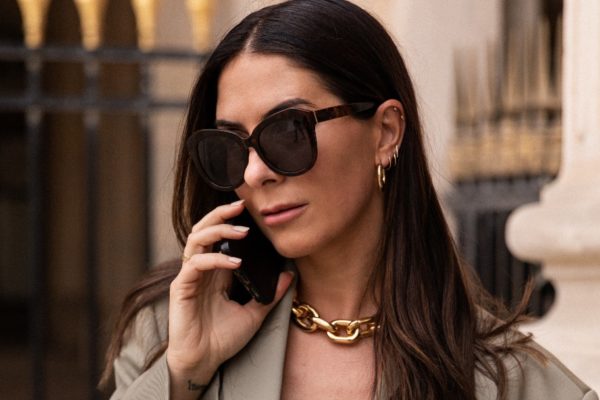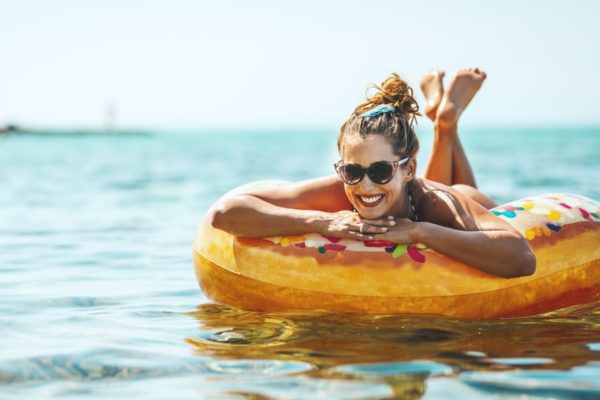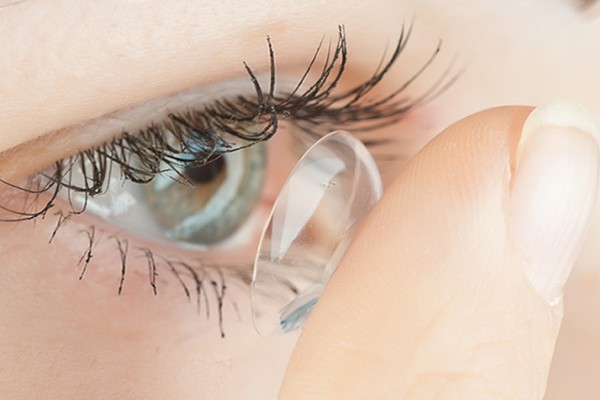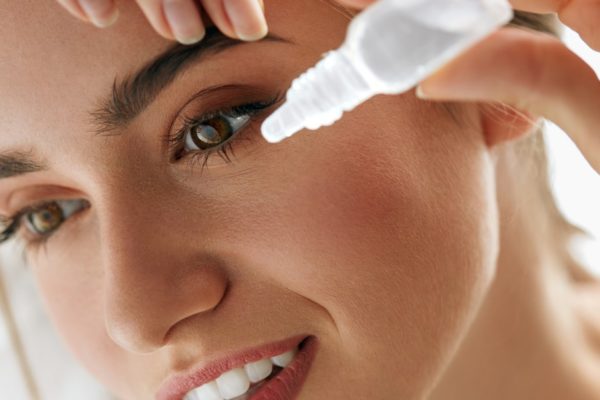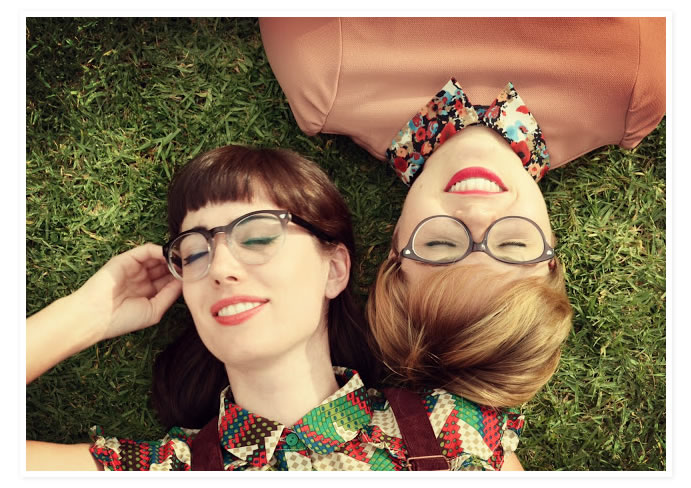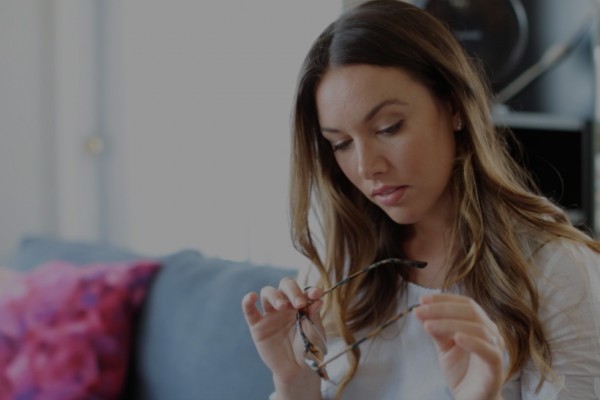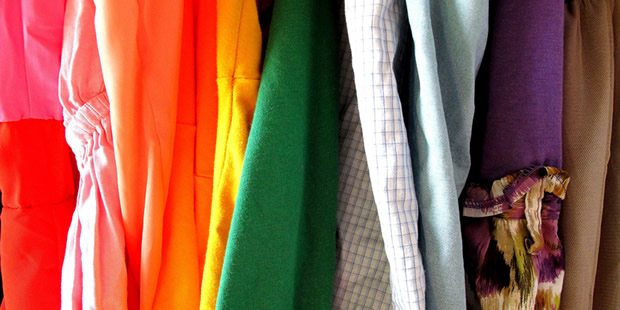This post is also available in:
![]() Français (French)
Français (French)
The winter months may bring colder weather, but that doesn’t mean you should trade your shades for a scarf. Ultraviolet (UV) rays can do serious damage to your eyes even when it’s chilly outside, which makes sunglasses a must-have for any season.
Need more convincing? Below are four reasons sunglasses are essential, even in winter.
1. High-quality sunglasses fend off some eye diseases
A pair of quality sunglasses provides more than short-term comfort and protection. There are a number of eye diseases that are related to excessive UV exposure that can be prevented with a trusty pair of shades.
According to the World Health Organization, the leading cause of blindness across the globe is cataracts, which are intensified by UVB rays. Similarly, macular degeneration can develop from years of sun exposure because UV damage builds over time, wearing out your retinas, corneas and lenses.
Failing to protect your vision from sunlight can lead to other conditions that affect the surface of your eyes. Pingueculae consist of raised, yellow-coloured bumps on the whites of the eyes (the sclera) and pterygia are benign growths that can permanently disfigure the sclera. These conditions can be avoided by wearing sunglasses with UV 400 protection.
2. Sunglasses protect your eyes from UV rays that are intensified in winter
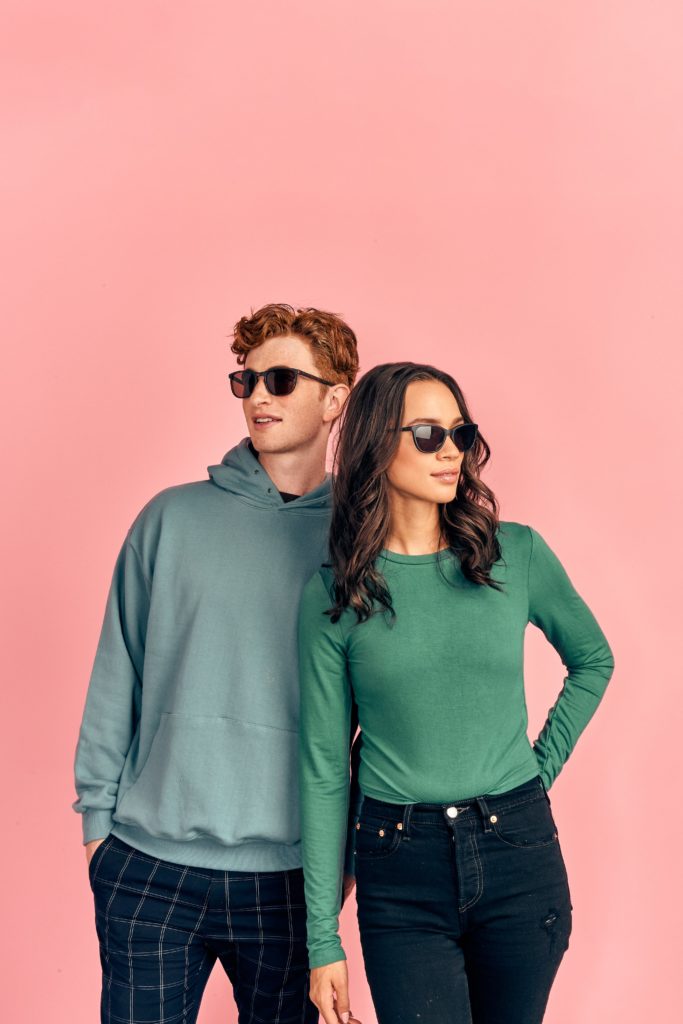
Sunglasses are meant to block sunlight, so temperature should not influence your decision to wear them. Regardless of the time of year — or how hot or cold it is — the sun still shines, and the risk of UV damage looms.
Some say sunglasses are even more important in winter: when sunlight reflects off ice and snow, the resulting glare doubles our exposure to UV radiation. And though the Vision Impact Institute reports that 75% of Americans recognize the need for protection against the sun’s rays, only 31% take any measures to protect themselves.
To put it simply, if you want to go outside when the sun is out (even if it’s hidden by clouds), you need to wear sunglasses. The best line of defense for your eyes, as suggested by the Canadian Association of Optometrists, is to wear sunglasses that block 75% to 90% of visible light, while shielding you from UVA and UVB rays optimally.
3. Sunglasses should be worn for winter activities
Sunnies are great for a day at the beach or a round of golf, and they’re just as handy when it’s cold out. Winter activities such as skiing and hiking also require a quality pair of shades or goggles, regardless of age.
A daily task like driving can also be made easier with sunglasses. Windshields don’t offer much relief from the sun’s bright light or the glare reflected off the road, both of which can potentially compromise your vision while driving.
Wearing any sunglasses will help, but when you’re dealing with glare on the road, shades with polarized lenses are your best bet. They have a special filter that blocks reflected light and gives you a clearer, more defined view from behind the wheel.
Polarized lenses aren’t for every activity though. If you’re skiing downhill, it’s good for you to see glare because it warns you of icy conditions. For this reason, it’s best to leave the polarized lenses at home and opt for a trusty pair of ski goggles.
To find the right sunglasses for your particular activity and preference, ask an eye care professional for suggestions and available options.
4. Sunglasses and goggles prevent snow blindness
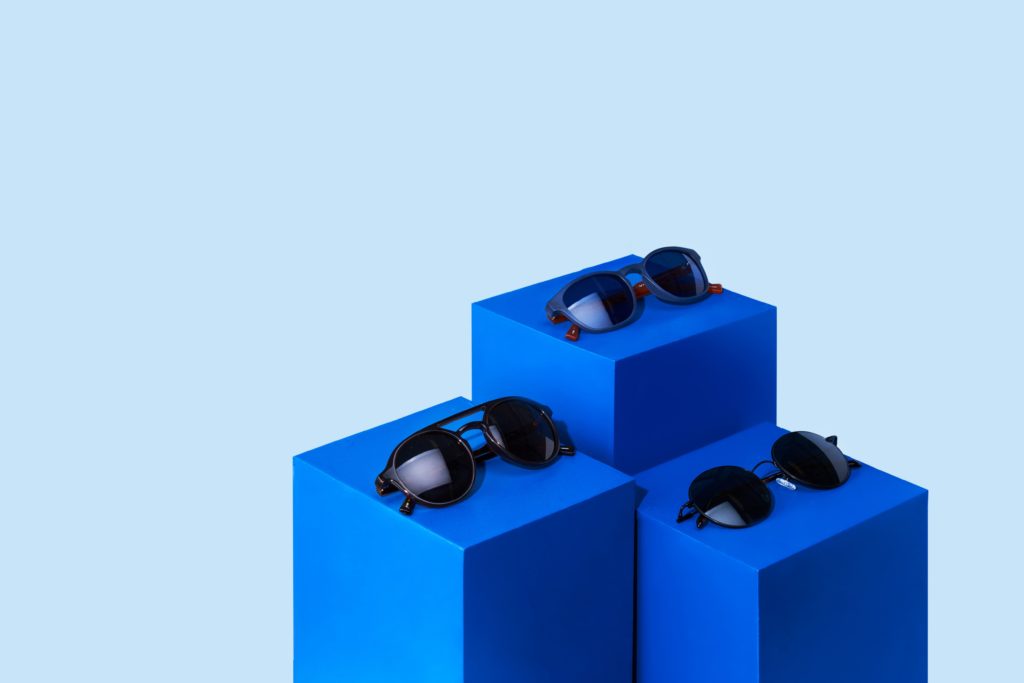
Reflective surfaces — water being one of the worst — can increase your exposure to UV radiation, regardless of whether the sky is sunny or overcast. Additionally, UV rays are more powerful at high elevations, where many winter activities take place.
If you combine the already-potent sun rays with the magnification of water reflection, you have a recipe for sunburned eyes. If severe enough, an ocular sunburn can result in temporary vision loss known as snow blindness or photokeratitis.
This painful (and inconvenient) condition can be avoided by wearing a quality pair of sunglasses or goggles when skiing, snowboarding or even just building snowmen in your front yard.
If you’re not one for mountaintop pastimes but you can make a flawless snow angel, don’t worry. There are plenty of winter sunglass options for you too.
How to find your perfect winter sunglasses
Now that you know sunnies are a year-round accessory, it’s time to find a pair to complement your stylish toboggan or cozy sweater. Ask your eye doctor to recommend sunglasses (or ski goggles) that will fit your visual needs and lifestyle — hello, snow! — and then pick the ones that you like best.
Schedule an appointment today and find a hot pair of shades to get you through the cold winter months.

